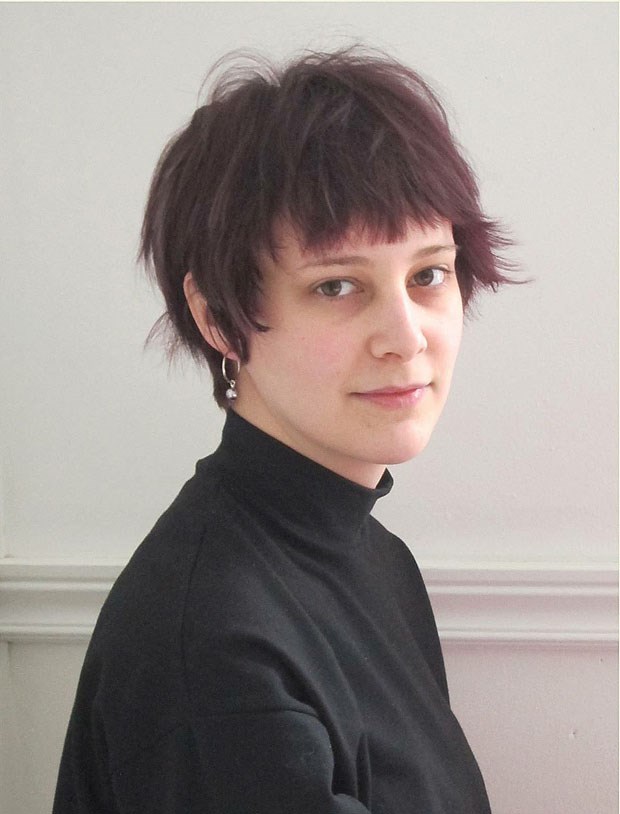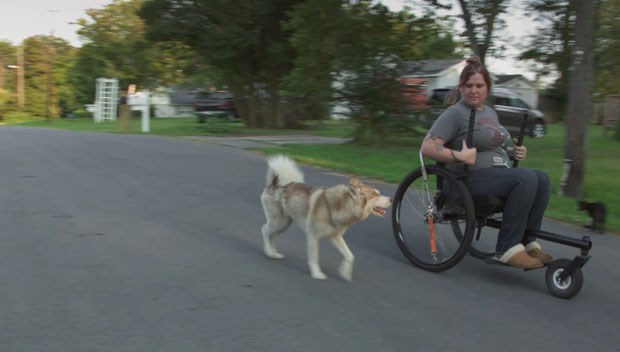A disabled filmmaker and activist from Ladner has recently completed a documentary thanks to a grant from the Canada Council for the Arts.
Olivia Dreisinger was born and raised in Ladner and now splits her time between Victoria and Tsawwassen.
With an MA in English literature from McGill University and a BA in honours English literature and visual arts from UBC, Dreisinger specializes in disability studies. She hopes to pursue a PhD in the coming years, health permitting.
“I have multiple chronic illnesses so I have to be selective in what projects I do,” she said. “Most of my stuff is in critical disability studies and disability justice, which ties into this documentary. One of my first movies was a 3D animated audio-visual essay about disability representation and that helped me move into more mainstream documentaries.”
Her latest project,Handler is crazy, is a short documentary following Koyote Moone, who lives in a small community outside of Atlanta, Georgia, and her medical and psychiatric service dog Banner. This film explores issues surrounding non-visible disabilities and discrimination against service dog teams. The 30-minute film touches on non-visible disabilities and how Moone can participate more in her community thanks to Banner.

Dreisinger said because of the Canada Council for the Arts funding she was able to complete the whole project, which was filmed late last year and early this year with final editing in July.
“It was fantastic. I was able to pay the person in the film, which was important to me and I was also able to hire a support person so that I could still make the film while I was sick,” she said.
“We flew to Atlanta and then we filmed in Koyote’s community for 10 days. We spent time with her family and her kids. I’m happy with how it all came together, although if we could have spent some more time we could have delved a bit deeper into her story.”
Dreisinger said she was drawn to Moone’s story through her social media page that was created telling Banner’s story and the influential impacts Banner has made on her life.
“Her page is so creative. Koyotehas complex post-traumatic stress disorder and other sorts of trauma as well as disability issues so Banner’s page was a safe way for her to discuss her disabilities and advocate for them without having to put herself out there as much, so that also really interested me,” added Dreisinger.
The film is on YouTube and Dreisinger has also submitted it to various film festivals.
“I wanted to make the film accessible to everyone, I wanted it to be free and easily sharable, so I thought YouTube was a good platform for that,” she said.



